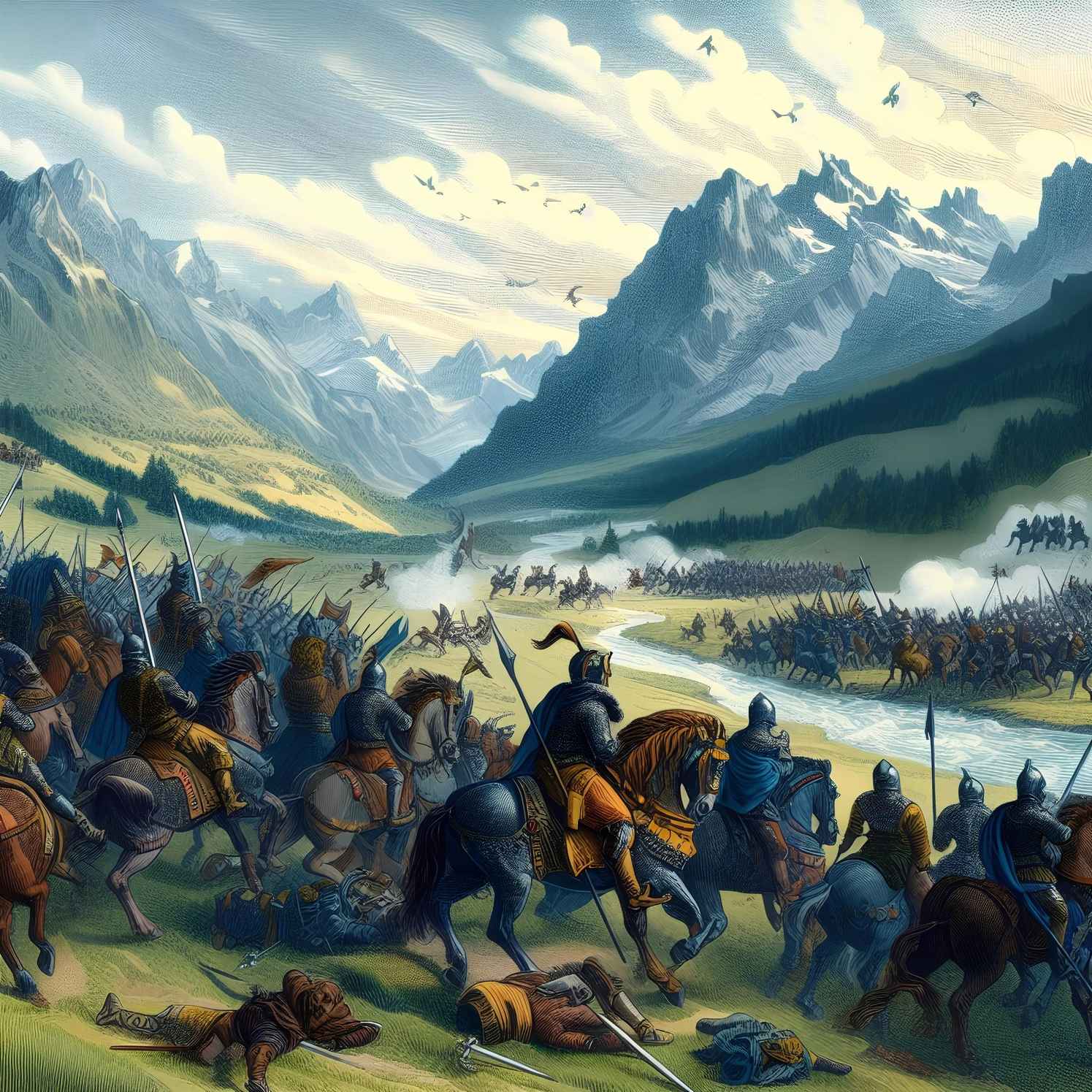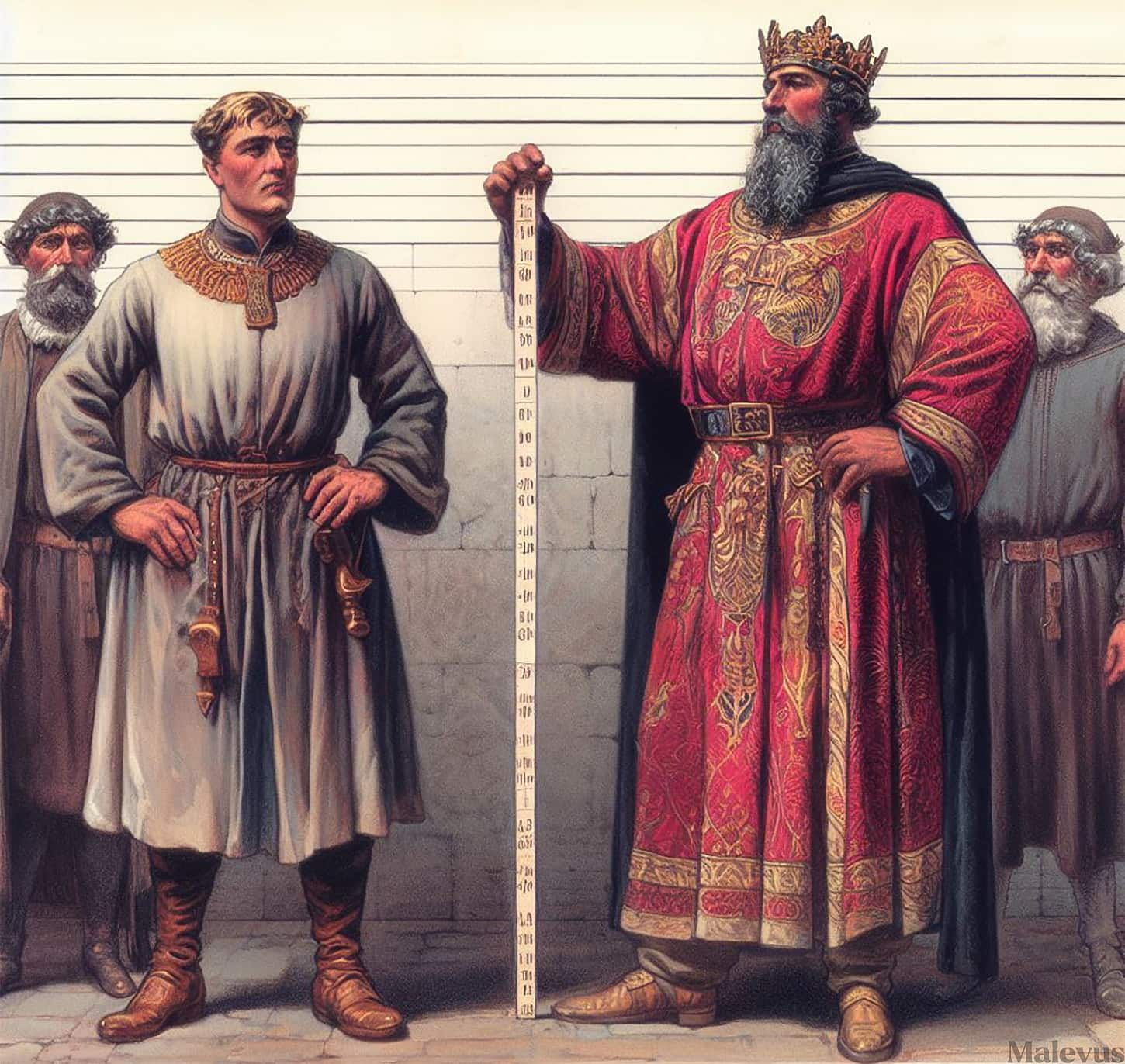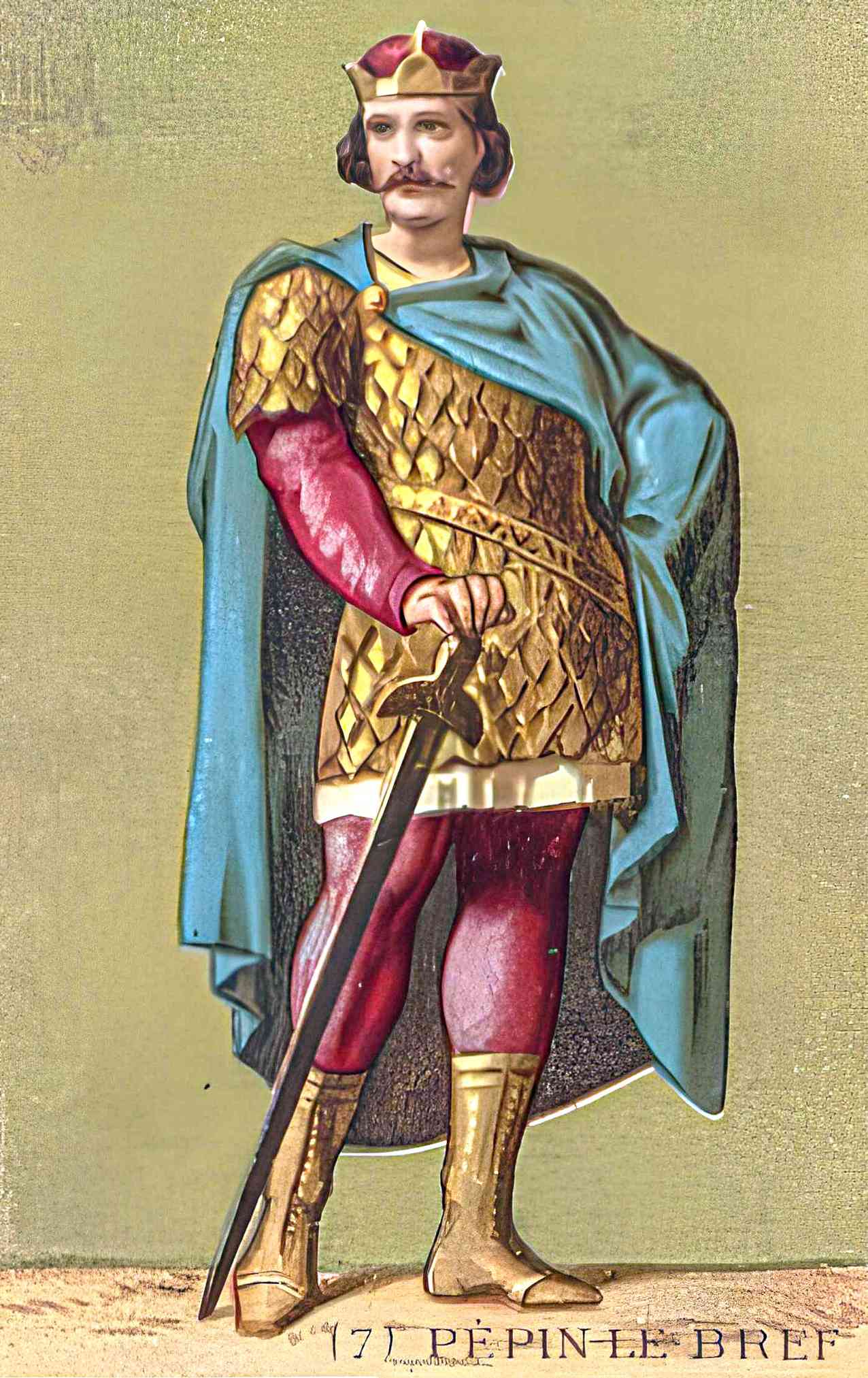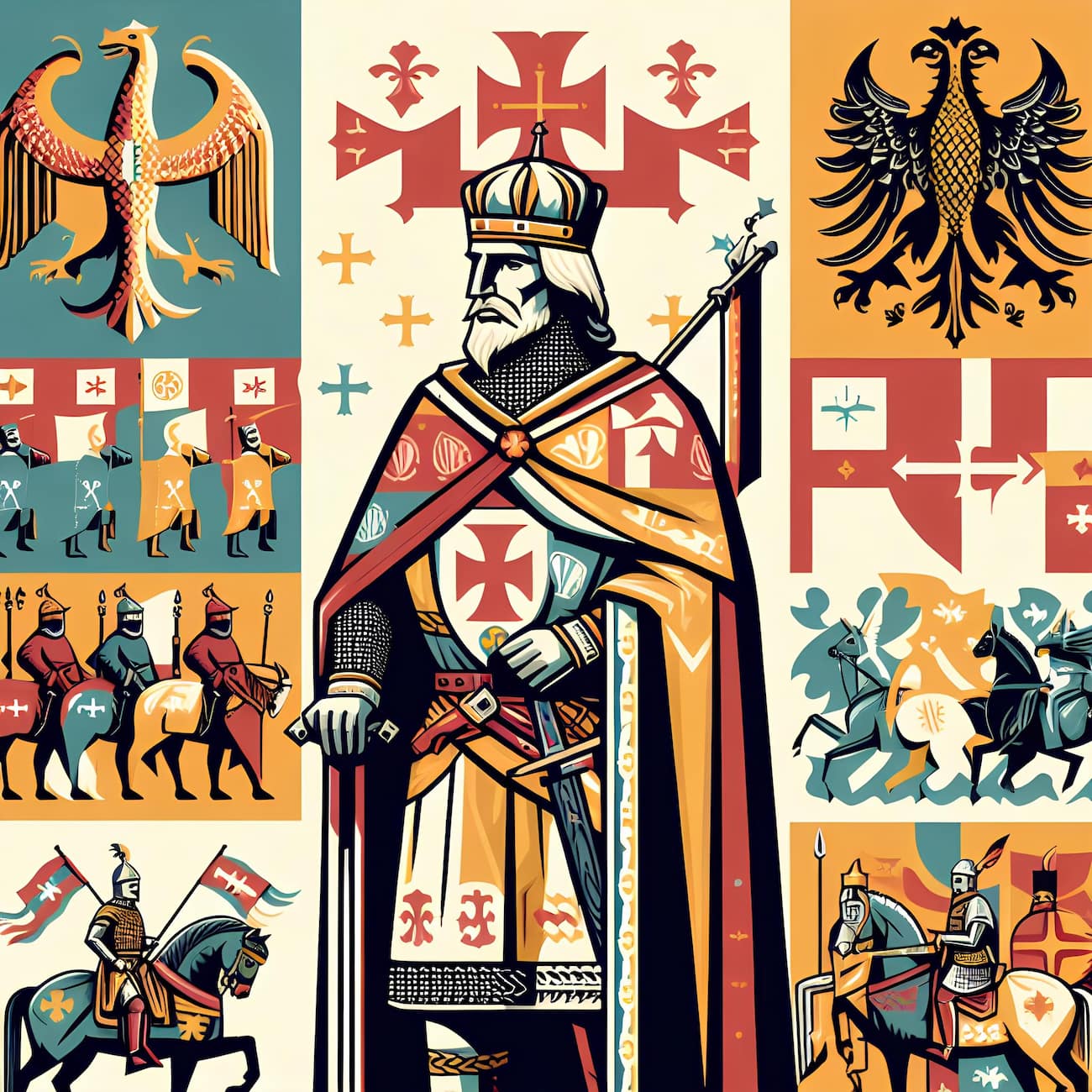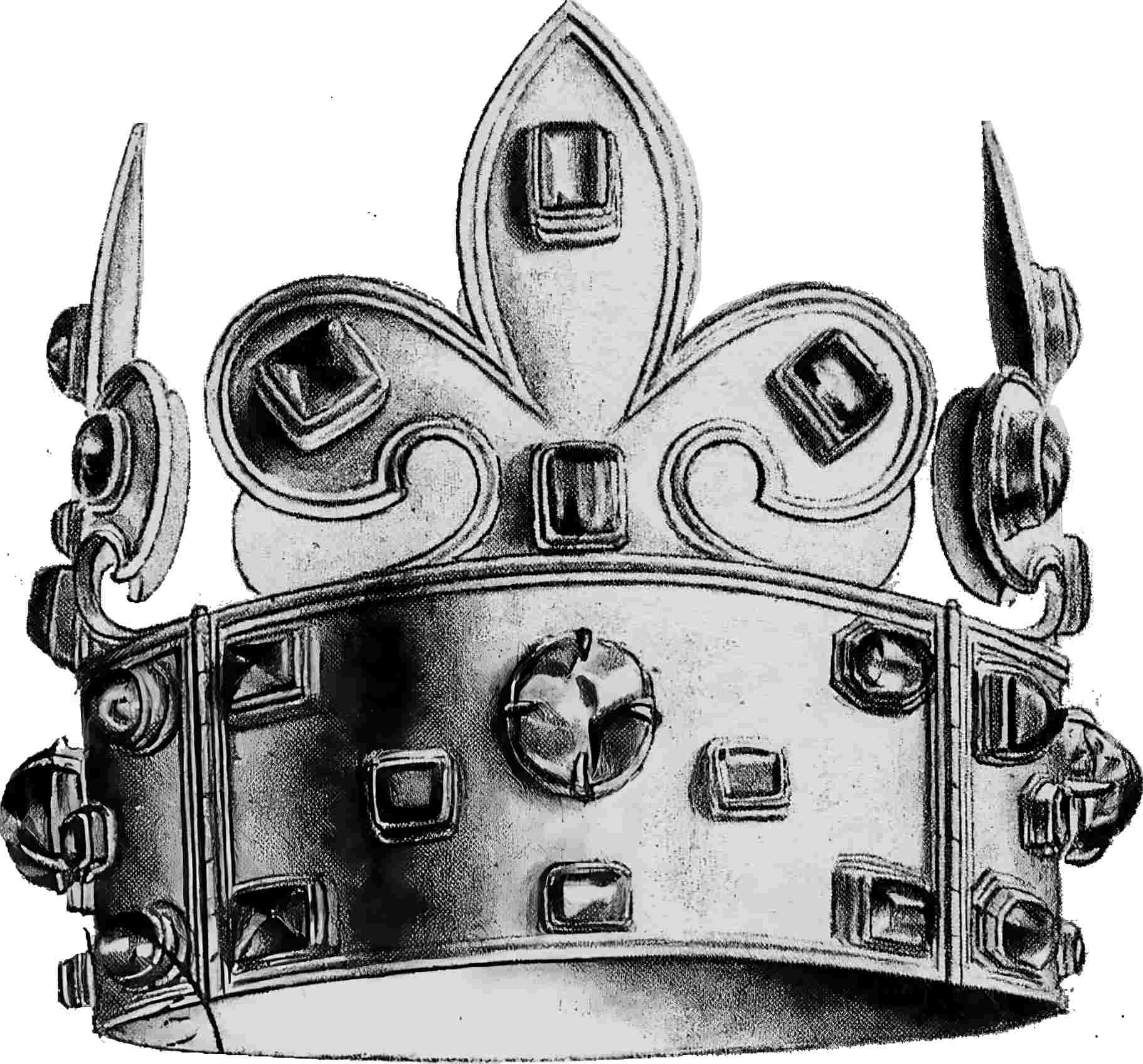Battle of Roncevaux Pass: Charlemagne’s Campaign in the Pyrenee
The Battle of Roncevaux Pass was a significant military engagement that occurred in 778 AD in the Pyrenees Mountains. It was fought between the forces of Charlemagne, the King of the Franks and Lombards, and Basque warriors.
